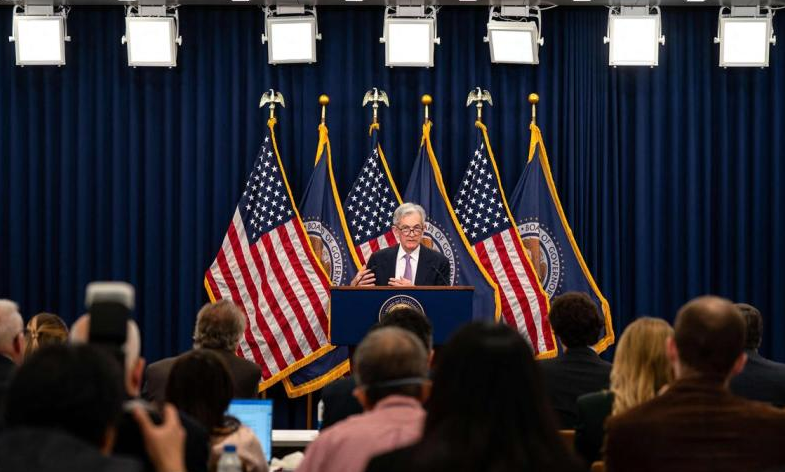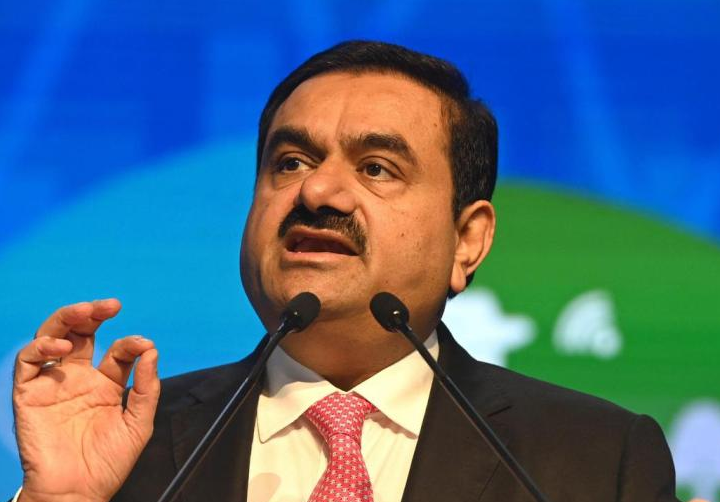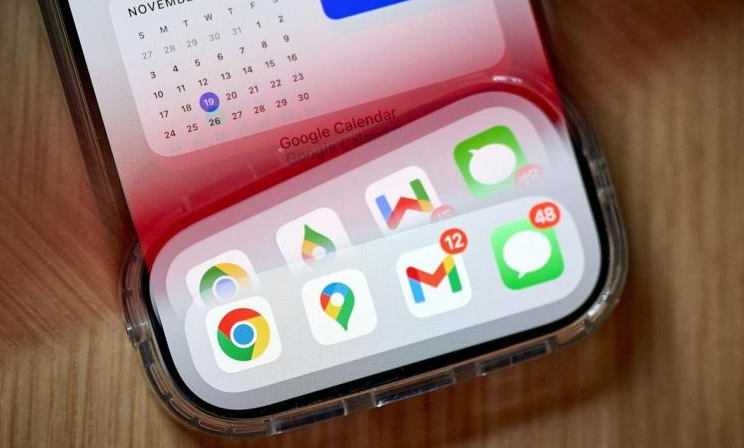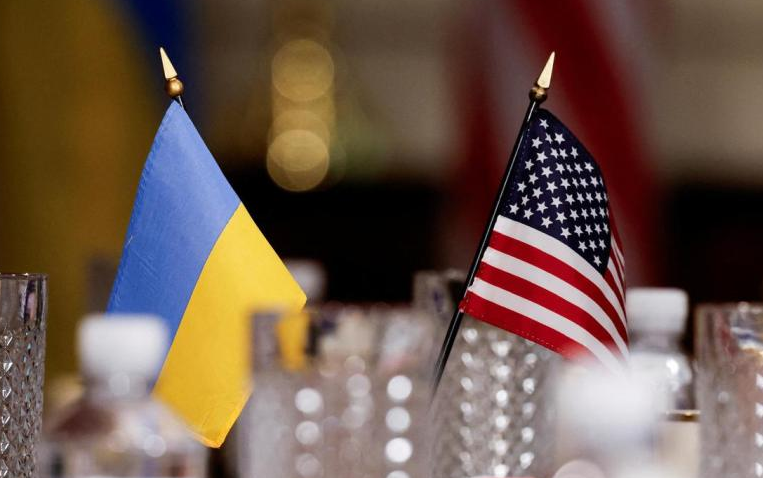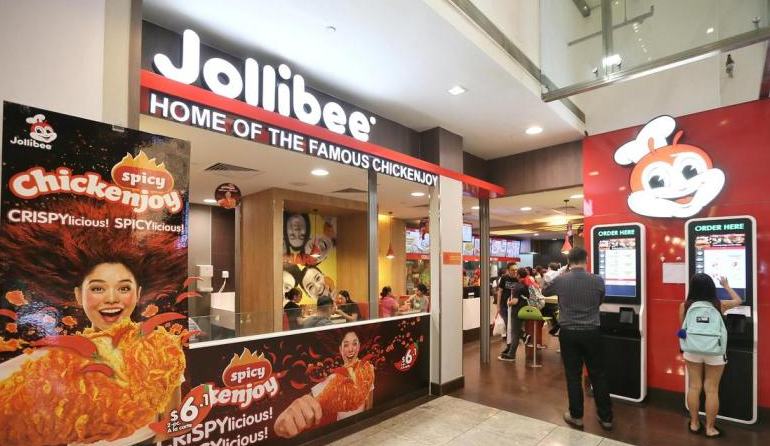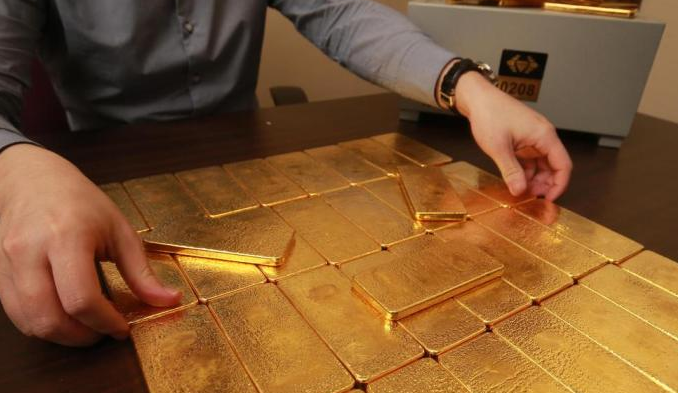
The U.S. president is chosen by the American people, but the election results are borne by the whole world. Apart from the interested parties in the two major world fronts (Russia-Ukraine and Israel-Hamas), Taiwan, which was once demanded “protection money” by Trump, is particularly concerned about who will take over the White House.
Harris is a newcomer in diplomacy and is likely to continue Biden’s path, focusing on strategic communication and risk management mechanisms to strengthen relationships with like-minded allies.
Trump is fundamentally a businessman skilled in negotiations. His favorite weapon is tariffs, and he once said, “Tariffs are the most beautiful word in the dictionary. More beautiful than love, more beautiful than respect.” In summary, Harris’ policies are more stable, while Trump has more unpredictability.
One of the most memorable actions by Trump was when, about a month after winning the presidency in 2016 and before officially taking office, he took a phone call from the then-Taiwanese President Tsai Ing-wen, which provoked strong protests from Beijing. Trump even referred to Tsai Ing-wen as the “President of Taiwan” in a social media post.
If Trump wins this time, there are two observations to consider regarding the Taiwan Strait issue in the short term. Will he have a conversation with Lai Ching-te? Will the former President Tsai Ing-wen, who has stepped down, visit the United States and meet with Trump? According to recent reports from U.S. media, Tsai Ing-wen plans to visit the United States soon.
Josh Rogin, a columnist on foreign policy and national security for The Washington Post, published a book in 2021 titled “Chaos Under Heaven: Trump’s China Policy, Its Formation, Contradictions, and Insider Story,” providing some initial answers. Rogin revealed that the “Trump-Tsai call” was actually an accident facilitated by Randall Schriver, who was friendly to Taiwan and served as the Assistant Secretary of Defense for Indo-Pacific Security Affairs during the Trump era.
According to Rogin’s interviews, the “Trump-Tsai call” was a rash decision made by Trump without considering the pros and cons, and three months later, he assured Xi Jinping during the “Trump-Xi call” that he “won’t do it again.”
Stephen Yates, who served as the Deputy National Security Advisor to former U.S. Vice President Cheney, revealed during a visit to the New York World Journal, a subsidiary of the United Daily News Group in Taiwan in 2022, that the “Trump-Tsai call” caused a great uproar and made Trump unhappy.
From the above assessments, even if Trump is re-elected, the likelihood of him teaming up with Lai Ching-te to stage a sequel to “Chaos Under Heaven” is low. The first time was accidental, the second time would be intentional.




